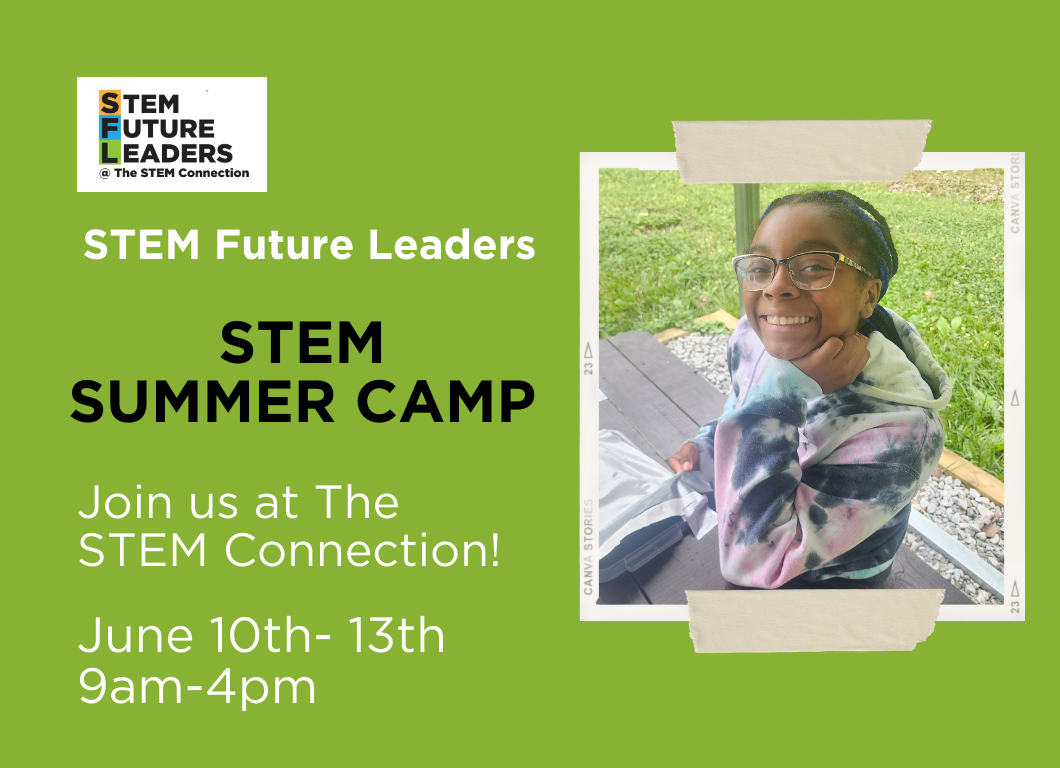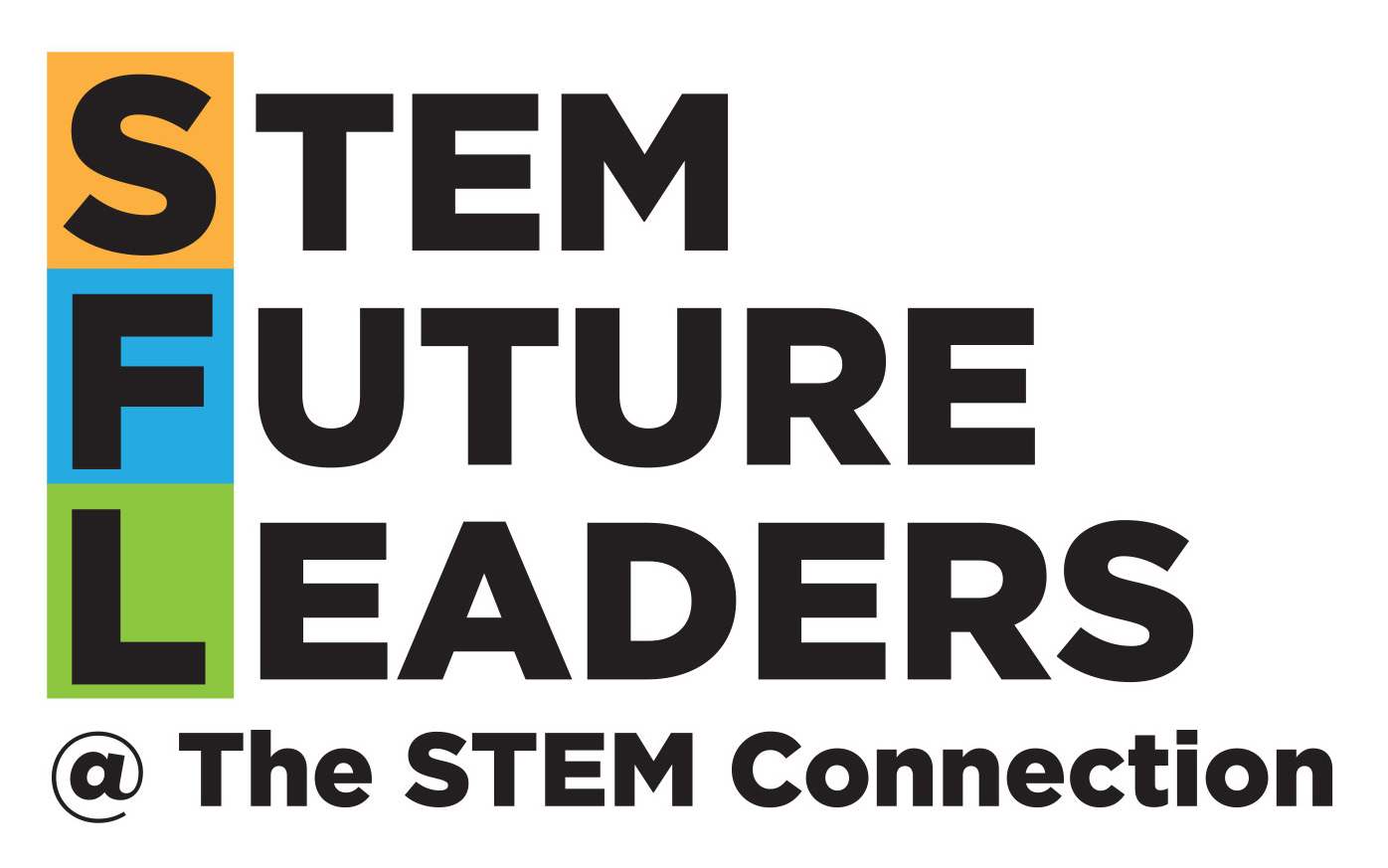6th -12th graders! Embark in an action-packed time of discovery, innovation, and adventure:
- Unlock Your Potential: Discover your true passion within STEM and ignite the spark for a future career that excites you.
- Hands-On Learning: Engage in interactive activities and experiments that will deepen your understanding of STEM fields.
- Network with Innovators: Rub shoulders with industry leaders, scientists, and tech gurus who will inspire and guide you on your STEM journey.
- Collaboration & Teamwork: Forge new friendships and collaborate with like-minded teens from diverse backgrounds.
- Make a Difference: Gain the knowledge and skills needed to address real-world challenges and make a positive impact on the world.
You won’t want to miss out on TSC’s unique Middle and High School Experiences this year! Sign up for the next adventure today.

